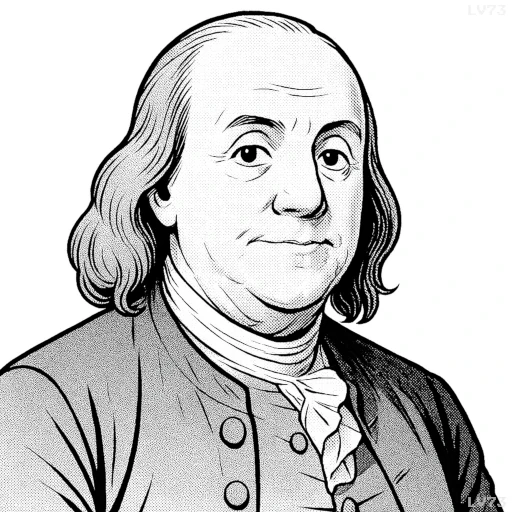“The strictest law sometimes becomes the severest injustice.”

- January 17, 1706 – April 17, 1790
- American
- Polymath, Founding Father of the United States, Inventor, Diplomat, Writer
table of contents
Quote
“The strictest law sometimes becomes the severest injustice.”
Explanation
In this quote, Benjamin Franklin warns that rigid enforcement of the law—without context, mercy, or discretion—can lead to profound injustice. The phrase “the strictest law” refers to legal codes or rules applied without flexibility, while “the severest injustice” suggests that such rigidity can harm the very people laws are meant to protect. Franklin is emphasizing that justice requires not only rule-following, but wisdom, humanity, and discernment.
As a statesman and philosopher influenced by Enlightenment ideals, Franklin believed in the importance of rational, balanced governance, where laws serve the common good rather than oppressive power. He recognized that laws, no matter how well-intentioned, can become unjust if applied without compassion or consideration of circumstances. This quote reflects his belief that legalism without conscience can distort justice into cruelty.
In modern times, Franklin’s insight remains critically relevant in debates around mandatory sentencing, zero-tolerance policies, immigration law, and judicial discretion. It serves as a reminder that the spirit of the law matters as much as the letter, and that true justice lies not in blind punishment, but in understanding and fairness. Franklin calls us to ensure that our systems of order remain instruments of equity—not of oppression.
Would you like to share your impressions or related stories about this quote in the comments section?




